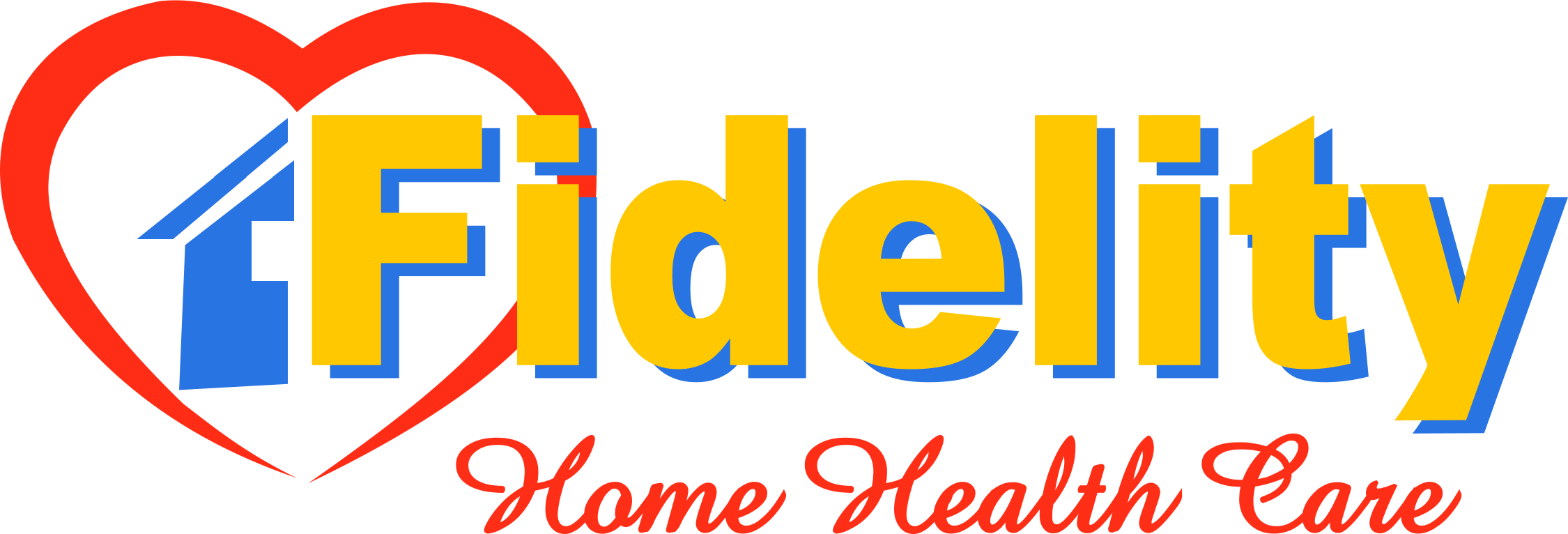How to Protect Yourself from Medicare Scams
Medicare beneficiaries are targets of scams and identity thieves all year long, but fraudulent activities tend to increase around the annual Medicare Open Enrollment (MOE) period that runs from October 15 to December 7 each year. Familiarize yourself with the most common Medicare scams and learn how to determine whether communication from Medicare is legitimate to protect yourself and your loved ones.
Common Medicare Scams
Most of these scams take place over the telephone, but some do occur via email, U.S. mail and door-to-door visits. Fraudulent callers typically steal your identity by making up stories to try to obtain your name, Social Security number (which is also your “Medicare number”), or financial information.
Look out for the following schemes:
- Attempts to “verify your identity.” Someone calls to tell you that you must provide identifying information in order to receive a new or updated Medicare card. They may even tell you there’s a charge for the new card and request a credit card number.
- Bogus offers for “free medical supplies.” A caller will pretend to offer medical supplies or a checkup at no cost to you because “Medicare will cover it.” The only catch is that the caller needs your Medicare number (SSN) to verify coverage and/or a credit card number to cover shipping costs for the free supplies.
- False claims that you’re entitled to a “refund.” Another devious variation involves a caller who explains that, due to some kind of change in Medicare coverage, you’re owed a refund. They will typically ask for your Medicare number and bank account information so they can direct deposit the funds.
Identifying Fraudulent Callers
It is crucial to understand that telephone scammers aren’t always easy to identify. In most cases, it is best not to answer the phone when someone calls from an unknown or out of town number. However, technology has made it so that scammers can fake caller ID information by using spoofing devices.
If you do answer a suspicious call, be wary. Some reports suggest that these callers are very empathetic and knowledgeable, which makes them appear credible and trustworthy. In other cases, the callers reportedly speak in heavy, foreign accents and broken English, making them slightly easier to spot.
Scammers often gather some basic personal information on their targets, like full names and mailing addresses, before they even call. This data is used to convince you of their legitimacy and make you feel comfortable with sharing more sensitive information.
If you ever doubt the validity of a phone call, say you’d like to call the person back and ask for their direct number. This will usually prompt a scammer to hang up.
New Medicare Cards
Scams surrounding new Medicare cards are likely to be on the rise since the Centers for Medicare and Medicaid Services (CMS) is working on issuing new cards to beneficiaries starting in April 2018. These new cards are being issued to improve beneficiaries’ protection from identity theft, but the change also provides an excellent opportunity for dishonest people to benefit from confusion surrounding the process.
Medicare beneficiaries do NOT need to update their information, pay a fee or take any other action to receive their new cards. Updated cards will be mailed out automatically.
Hard Facts About Medicare
Here are some important things for Medicare beneficiaries to know about how Medicare and the Social Security Administration function.
- Medicare generally won’t call you. In the rare instance where they might call, they will never request sensitive information.
- Medicare will never call or come to your home uninvited to sell products or services.
- Social Security Administration (SSA) representatives may call Medicare beneficiaries if they need more information to process applications for Social Security benefits or Medicare Part D, but, again, this is rare.
- If a phone call is needed, you’ll receive an official letter from the SSA to arrange a telephone interview.
- Medicare cards do not expire, so be wary of someone saying they need to send you a new one.
- If you lose your card, contact the SSA directly to report the missing card and request a replacement.
How to Protect Yourself
Guard your personal information and contact Medicare directly if you have questions. A good rule of thumb is not to give out potentially sensitive information over the Internet or phone. However, if you join a Medicare Advantage or prescription drug plan over the phone, you may be asked to give this information to the plan. You may also be asked for this information if you use the Medicare Plan Finder.
According to Medicare.gov, beneficiaries should only give private information to their doctors, insurers acting on their behalf, and trusted people in the community who work with Medicare, such as State Health Insurance Assistance Program (SHIP) counselors.
You may always contact the customer service number on the back of your Medicare card if you have any questions or concerns. If you think you may have provided personal information to a fraudulent caller or if you have been the victim of identity theft, contact the Federal Trade Commission’s ID Theft Hotline at 1-877-438-4338.






